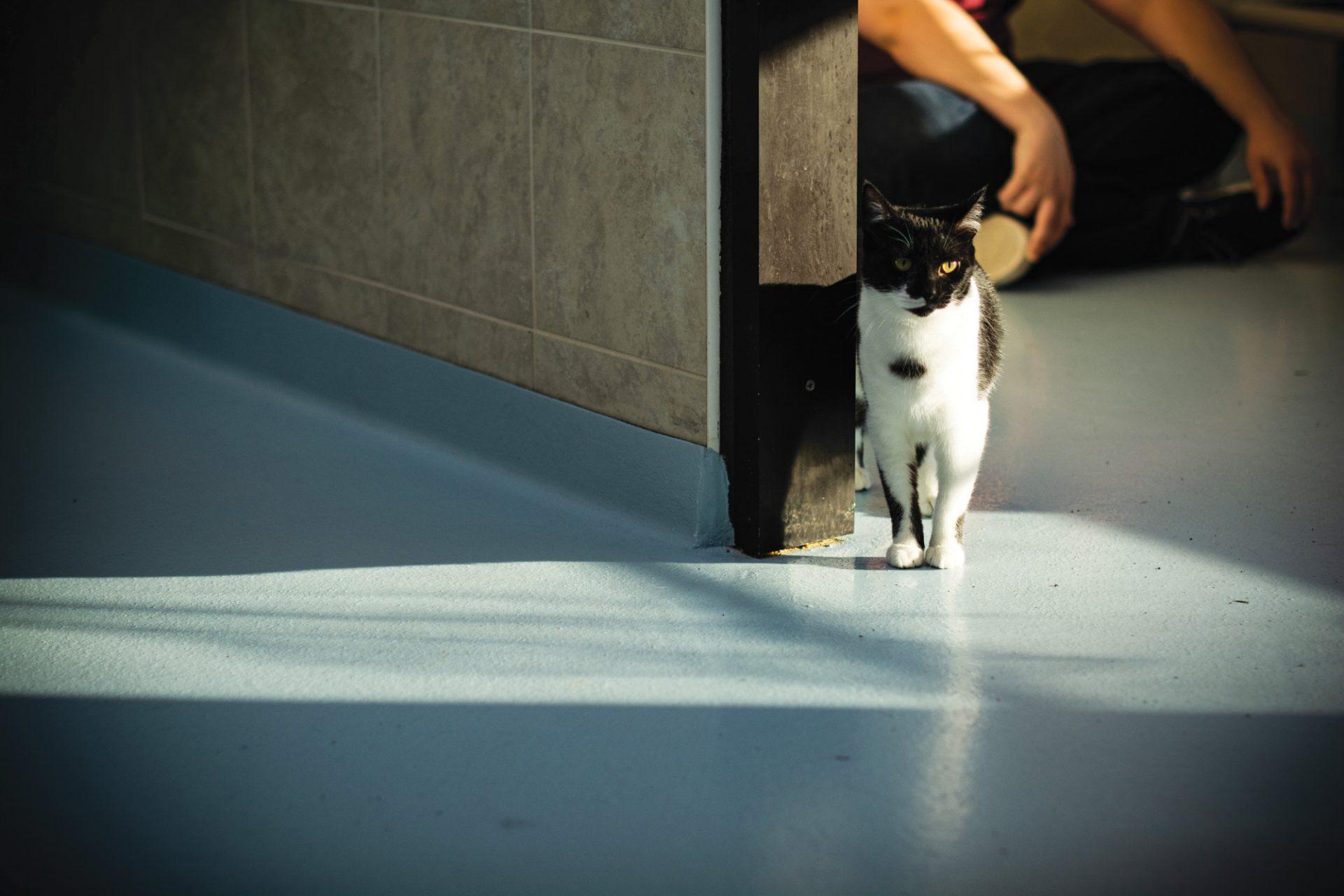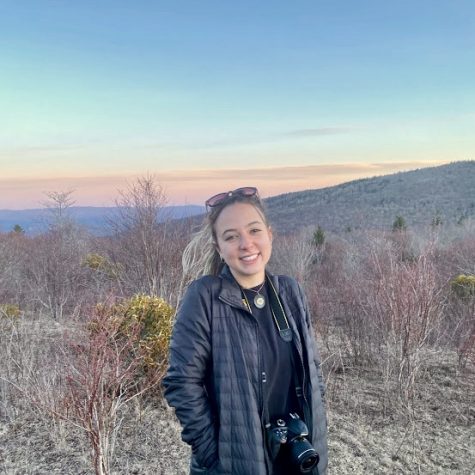Students at App State are making a difference, one dog at a time.
The Humane Society has a program that allows students and the public to make a positive impact on themselves and local animals by volunteering to spend their time with the animals.
“Just serving the community and doing all the different aspects of what we do here. It’s very beneficial,” Mari Sommers, volunteer trainer at the Watauga Humane Society, said.
The volunteer trainer’s responsibilities include hosting an orientation for new volunteers, and assisting volunteers by answering any questions that they might have.
Sommers said the humane society has had the volunteer program for at least 10 years.
The Watauga Humane Society has around 300 volunteers in its program, and a majority of them are App State students, Sommers said.
“I look at it from the aspect that it’s beneficial for the animals, but it’s beneficial for the people too,” Sommers said. “I like to see people come in and really get involved in the program and stick with it.”
There are many ways volunteering can benefit people, specifically college students.
“It gives us better social experiences, and different environments,” Bailey Koepke, sophomore sustainable development major, said. “I did want to get involved with animals in Boone, because I miss mine at home. I wanted to be able to do something better.”
People can become volunteers by applying online, then attending an orientation to learn about the organization.
A rewarding form of volunteering is through socializing animals, Sommers said.
Socializing animals helps them get used to people, as well as makes them more “adoptable,” Koepke said.
Sommers said socialization helps the animals feel love because it combats the isolation animals feel from constantly being in kennels.
After becoming volunteers, Sommer said there are many other ways people can help from working with dogs, adoption events, an annual rummage sale and a thrift store, where the money made is donated to low-cost spay and neuter.
“There’s something for everybody,” Sommers said. “We can pretty much steer someone into a direction that they’re interested in.”
Training can run from one to three months, depending on the type of volunteering.
Though people mainly volunteer with cats and dogs, Sommers said there are many other animals that the Watauga Humane Society takes in.
“Right now we have rabbits. We’ve had minks, chinchillas, ferrets, hamsters. One time we had a pot-bellied pig,” Sommers said.
Koepke has volunteered at the humane society once per week for a month-and-a-half. She brushes and socializes cats and said she will continue to do so in the spring.
“Being around animals is really good. People come in just to pet the cats or take the dogs on a walk,” Koepke said. “Mental health-wise, I feel like that can help a lot.”
Sommers retired from her career in the medical field, and after frequently volunteering at the humane society, she took the position of volunteer trainer.
“This position came open and I thought, ‘Why not?’ I like people, and I like the animals, and it just seemed like a good idea,” Sommers said.
“I think it’s very rewarding,” Sommers said. “I think that people would really enjoy it if they came in.”
New volunteers begin the volunteer process by filling out an application on the Watauga Humane Society website.
Story by Cameron Stuart
Photo by Brendan Hoekstra
Featured photo caption: A cat at the humane society where volunteers help socialize them.


